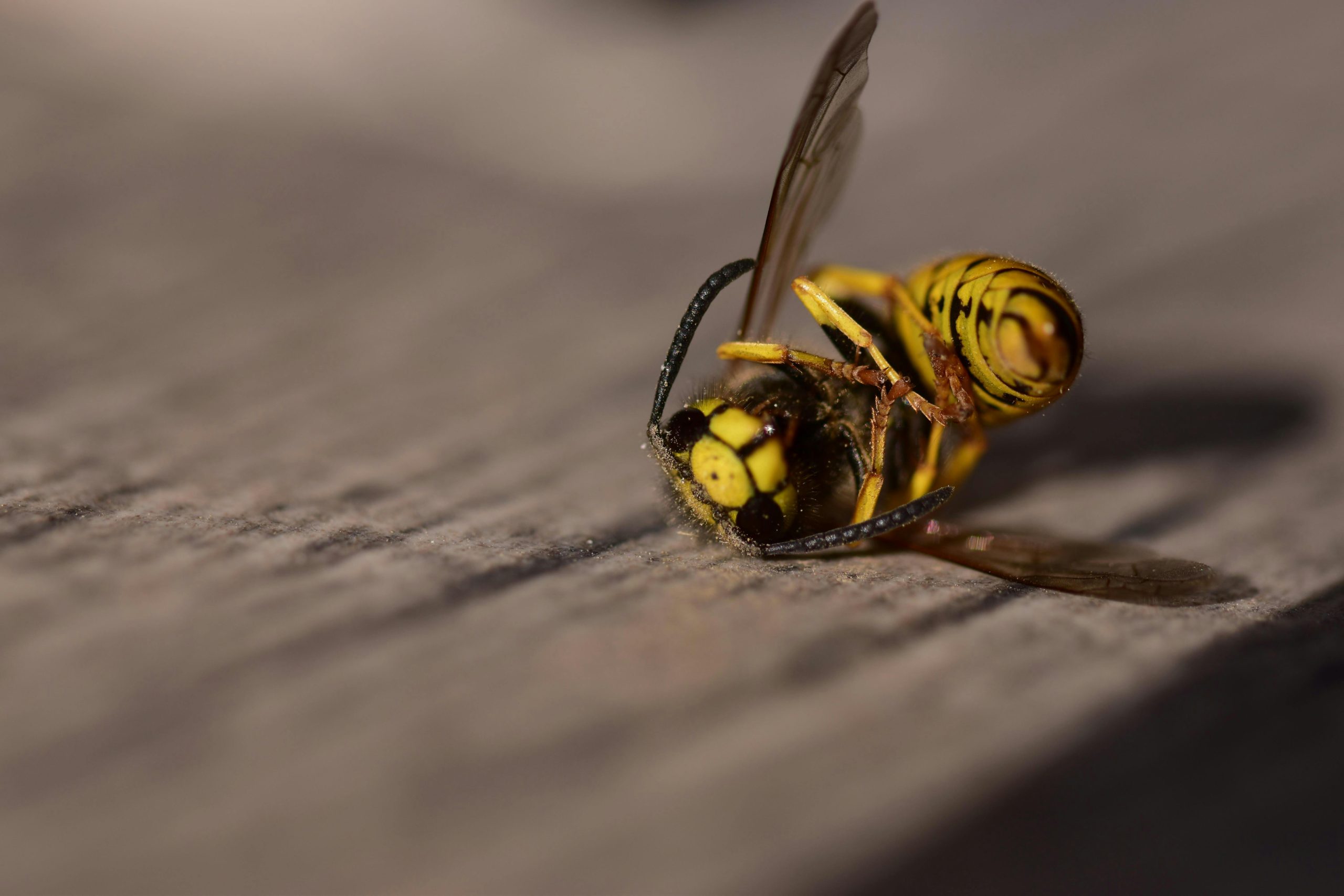Original research is dead
The Decline of Original Research: A Growing Concern
In recent years, the landscape of original research has undergone significant transformation, prompting a growing discourse on its potential decline. The once-thriving field of pioneering investigations now faces multiple challenges that threaten its vitality and integrity. This article explores the factors contributing to this trend and examines the necessary steps to revive and sustain original research efforts.
One of the primary issues impacting original research is the emphasis on replication and meta-analysis. While these practices are crucial for verifying and validating findings, they have inadvertently overshadowed the pursuit of entirely new and groundbreaking explorations. Researchers often find themselves constrained by limited funding and resources, which prioritizes studies with predictable outcomes over those that take innovative risks.
Additionally, the publish-or-perish culture prevalent in academia exacerbates the situation. The pressure to produce measurable results quickly discourages researchers from engaging in projects with longer timelines or uncertain outcomes. As a result, the academic community’s ability to foster creativity and cultivate groundbreaking insights is compromised.
Moreover, the accessibility and availability of information have dramatically changed. With vast amounts of data readily available online, there is a growing tendency to analyze existing datasets rather than gather new ones. While this allows for a broader examination of previously acquired information, it also diminishes the push for original, firsthand data collection.
Revitalizing original research requires a multifaceted approach. Encouraging funding bodies to invest in high-risk projects can foster groundbreaking discoveries. Equally important is the need for academic institutions to revise their evaluation criteria, placing greater value on creativity and originality rather than relying solely on publication output.
To safeguard and invigorate the future of original research, fostering an environment that supports innovation, encourages risk-taking, and acknowledges the value of novel contributions is imperative. By addressing these challenges, we can ensure that original research continues to thrive and contribute meaningfully to the advancement of knowledge.














1 comment